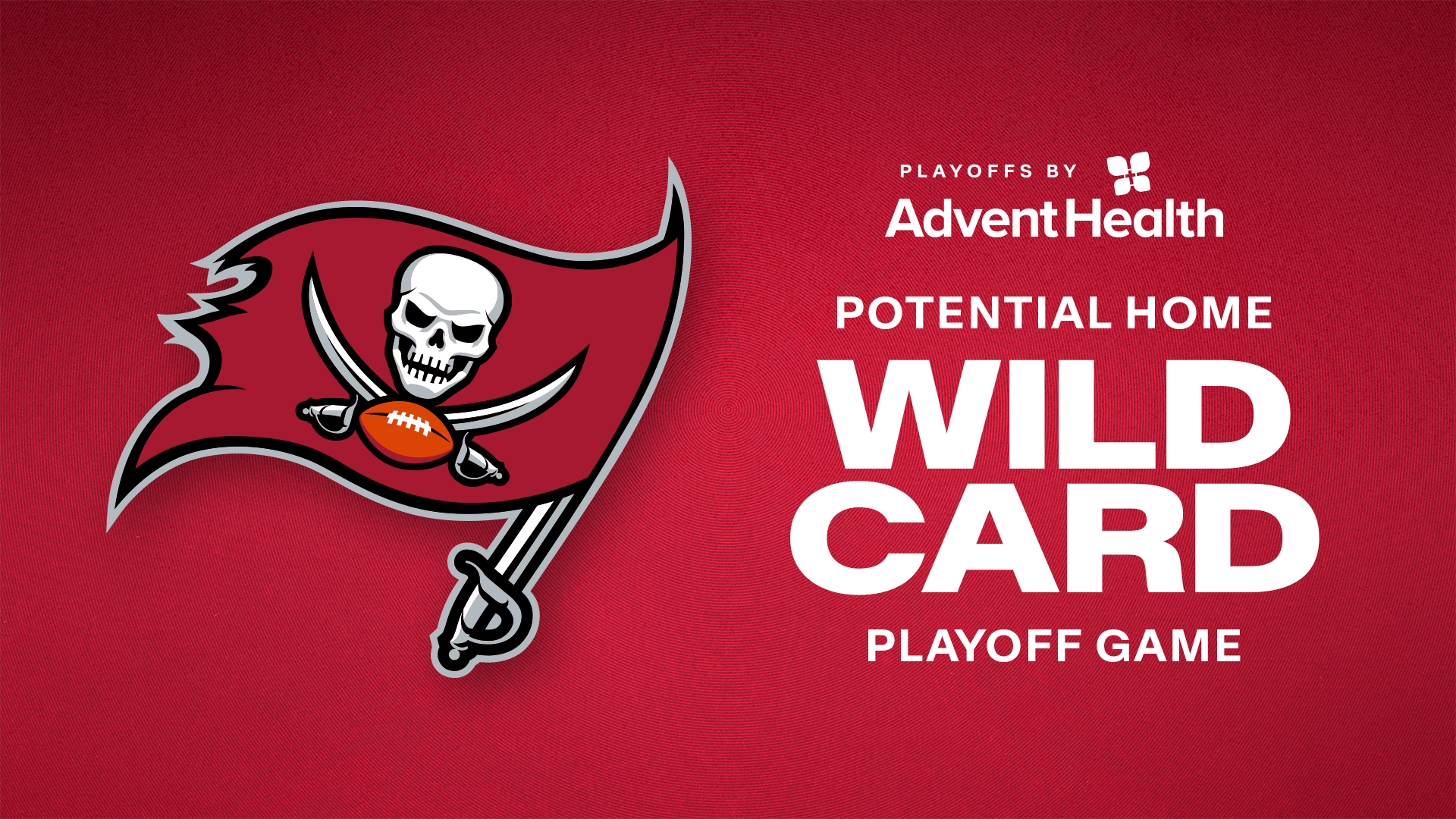Pictures of some of the Cardinals' top players.
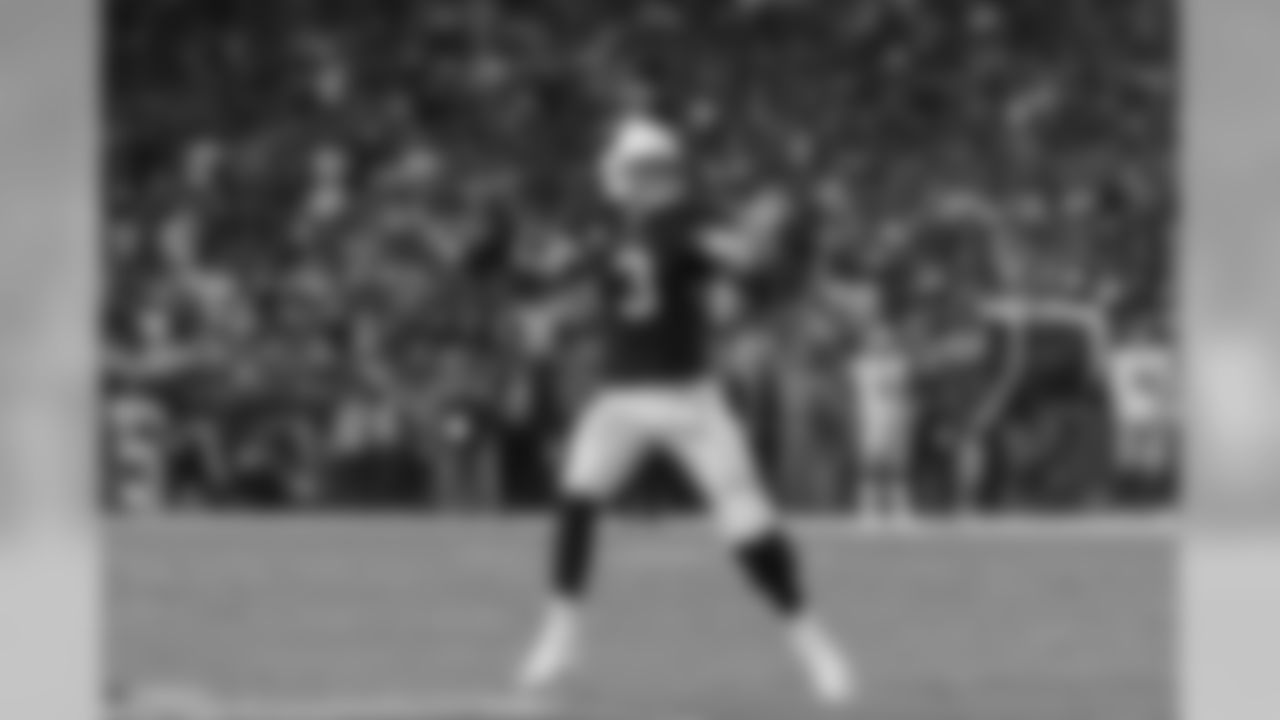
QB Carson Palmer
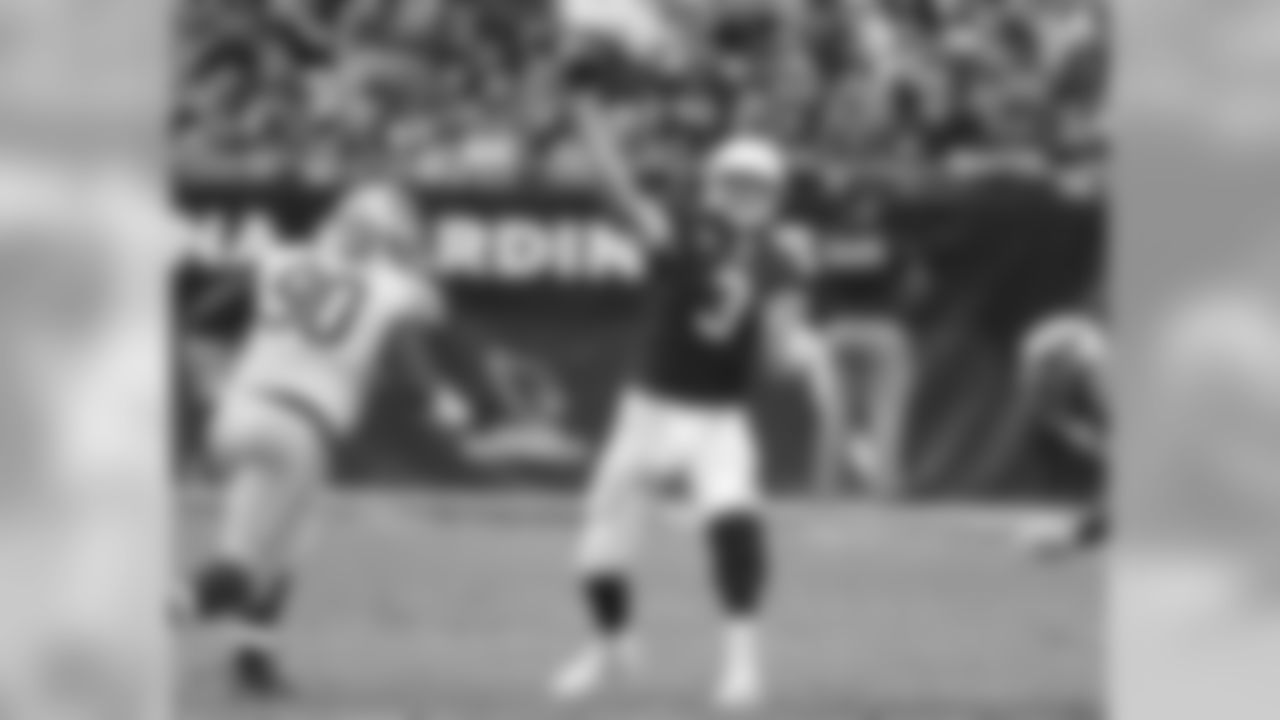
QB Carson Palmer
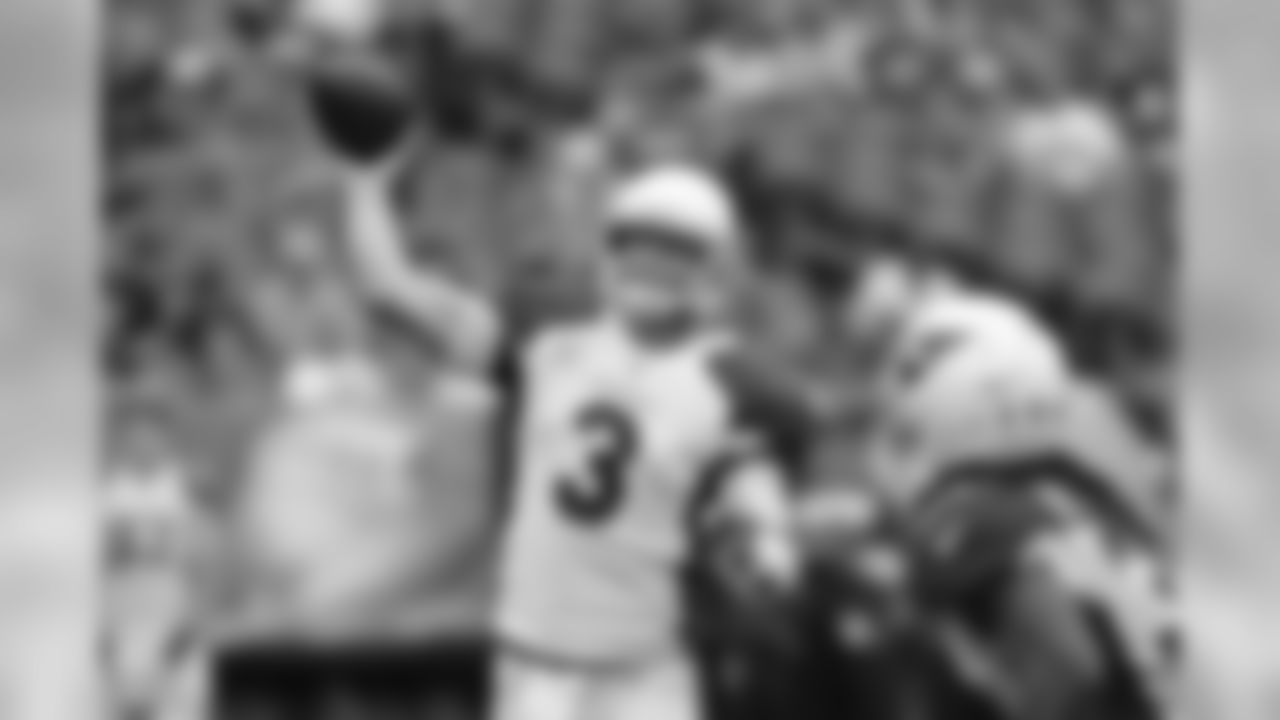
QB Carson Palmer
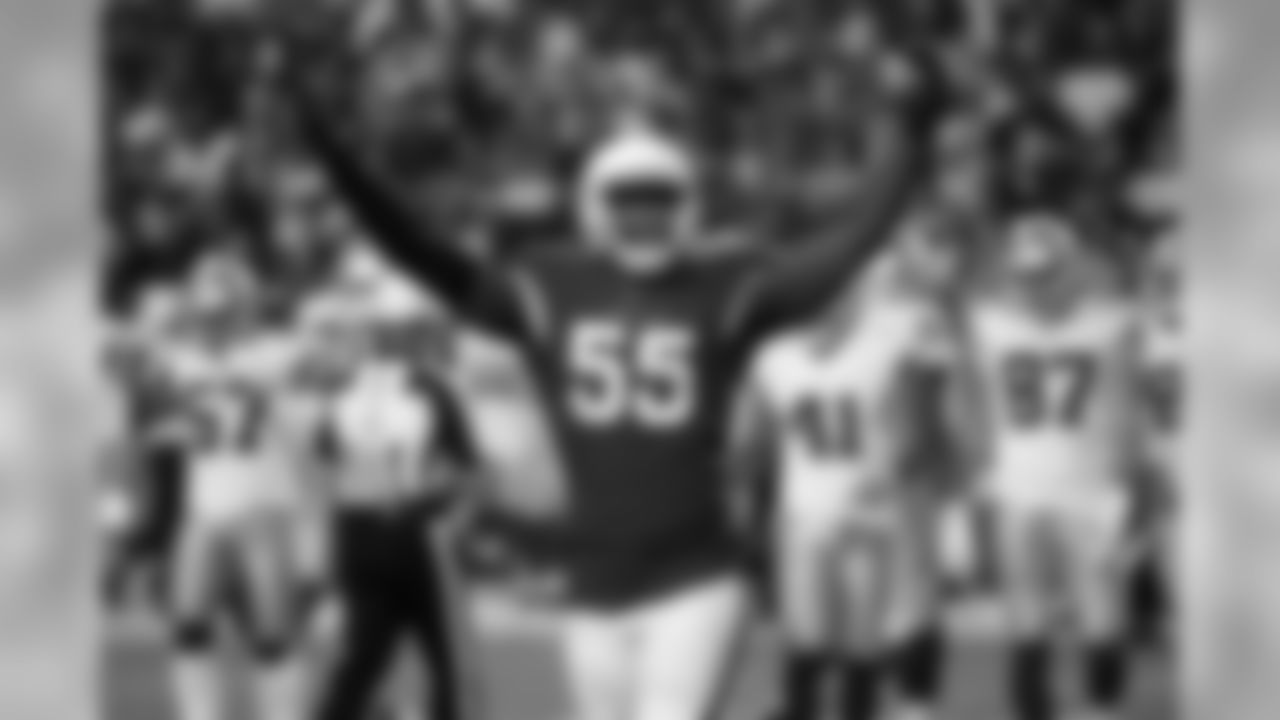
LB Chandler Jones
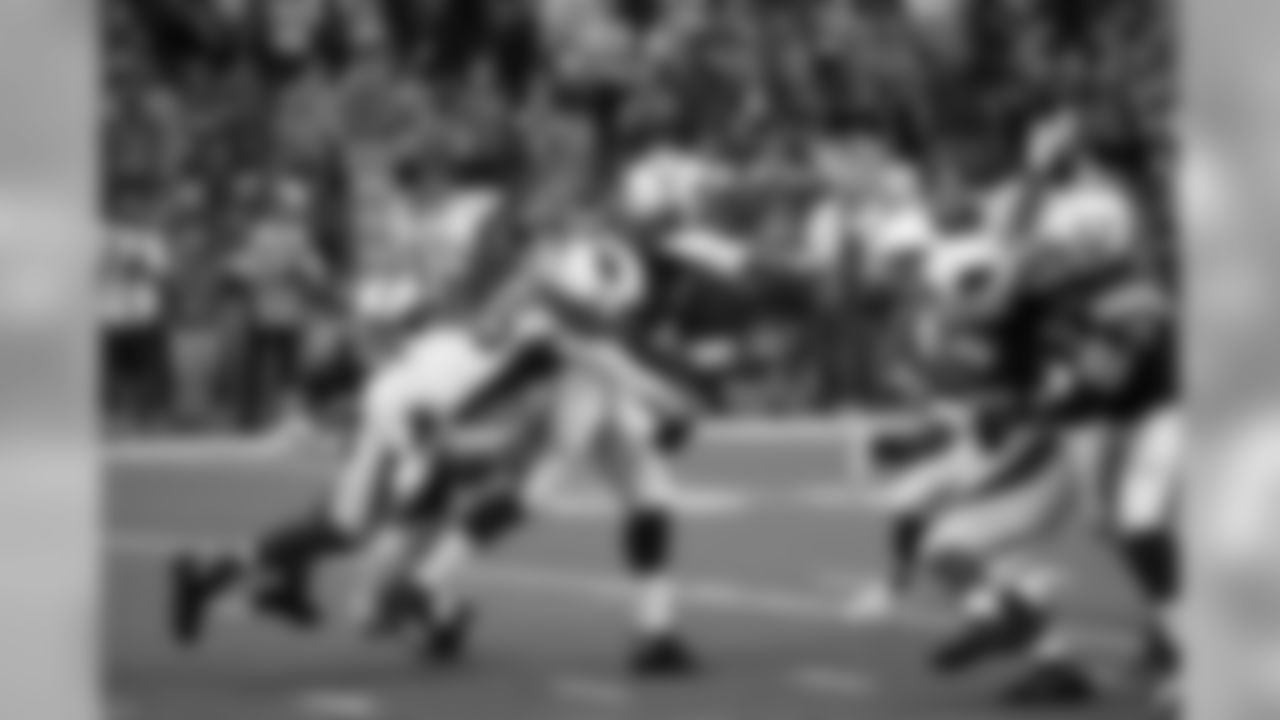
LB Chandler Jones
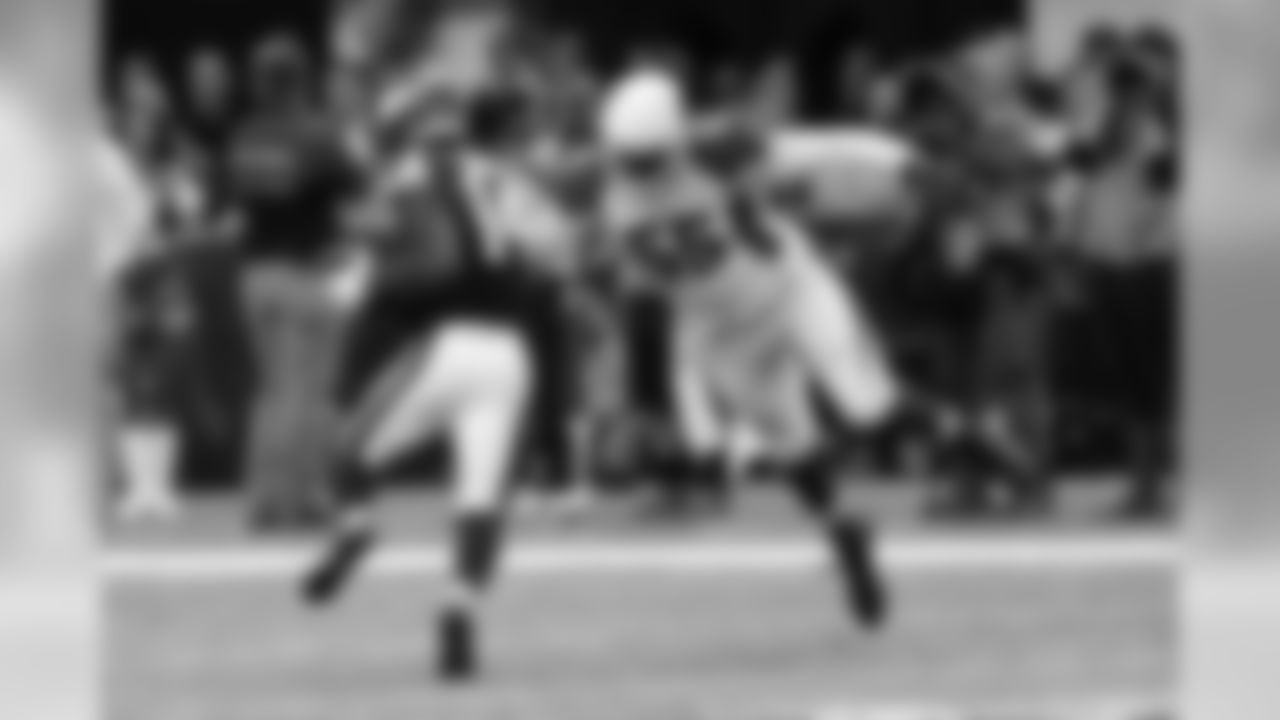
LB Chandler Jones
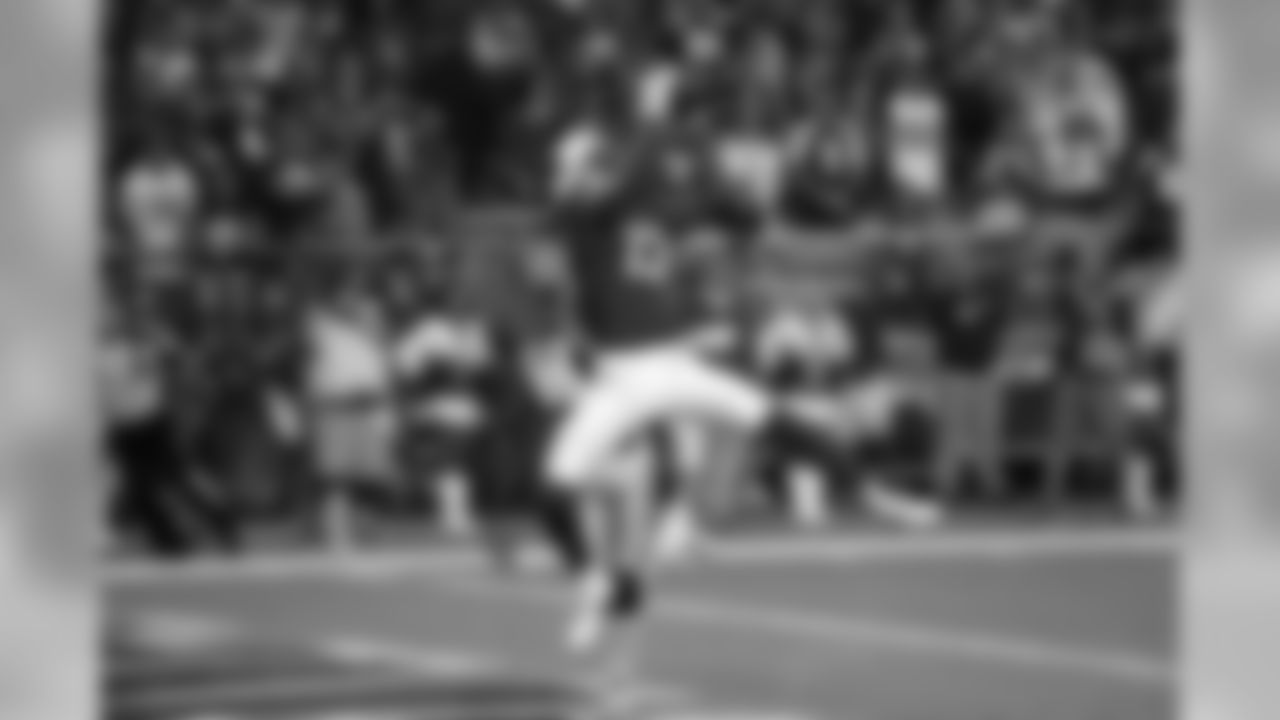
WR Jaron Brown
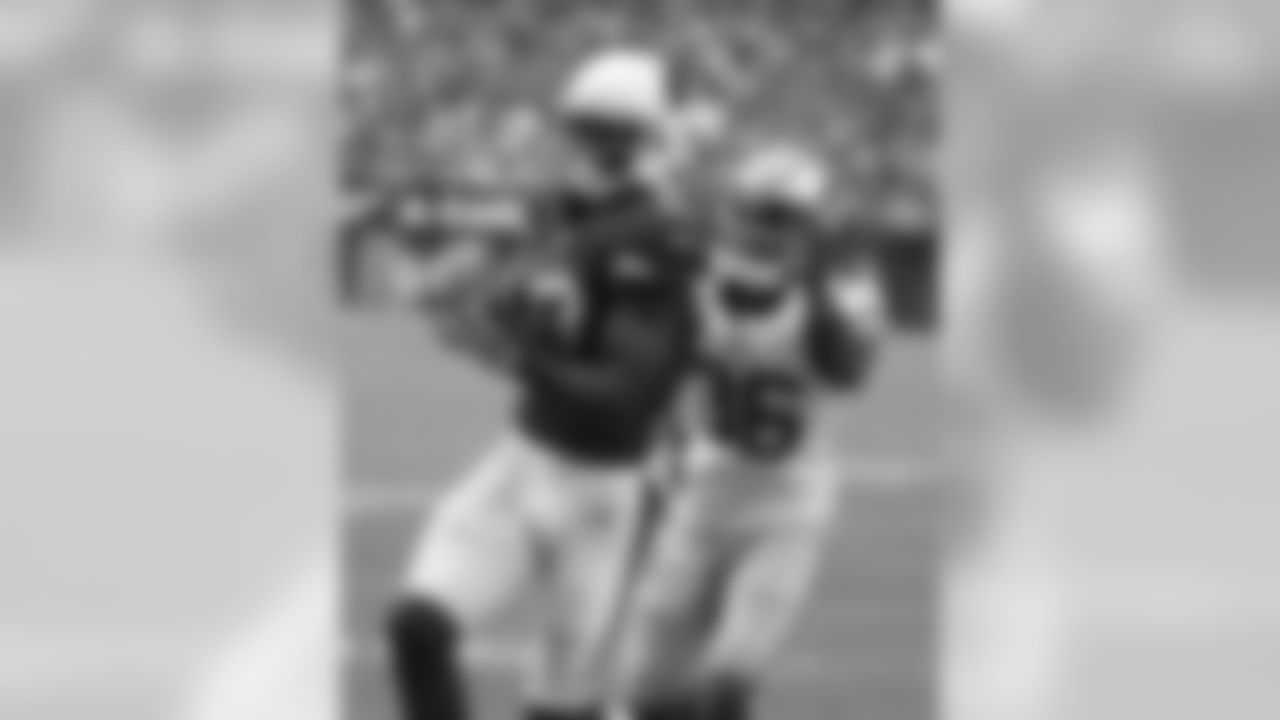
WR Jaron Brown
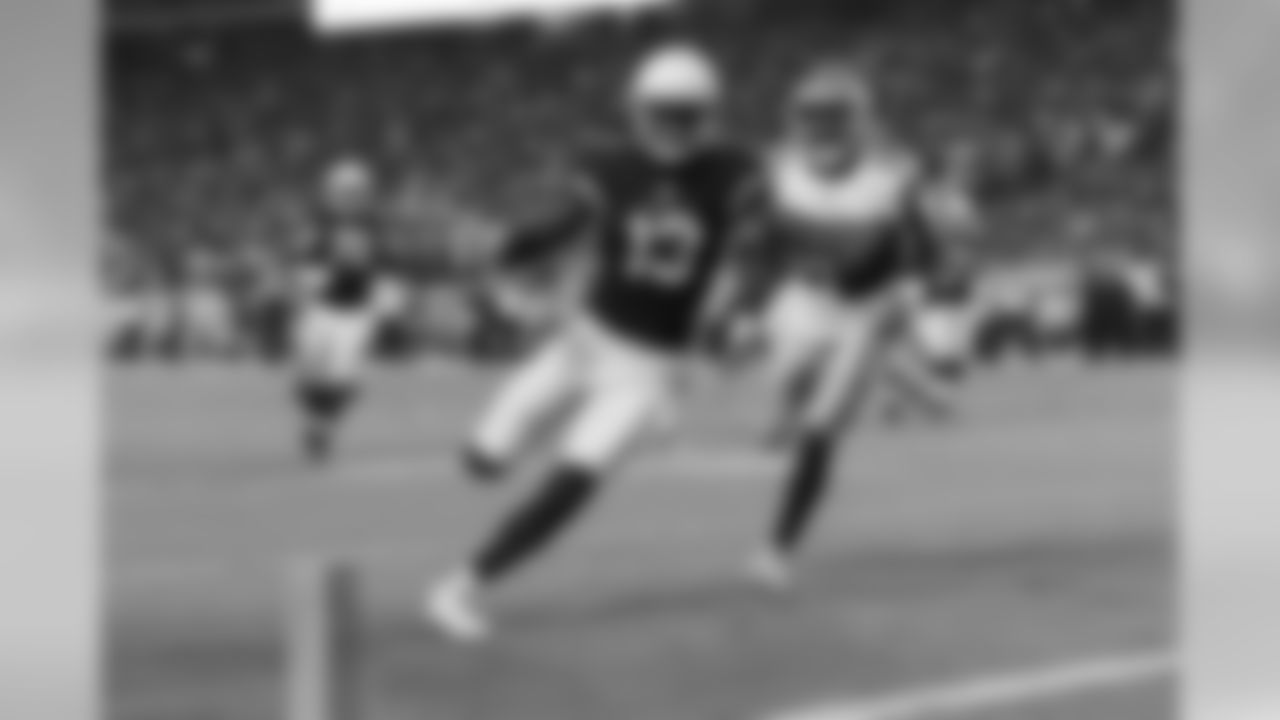
WR Jaron Brown
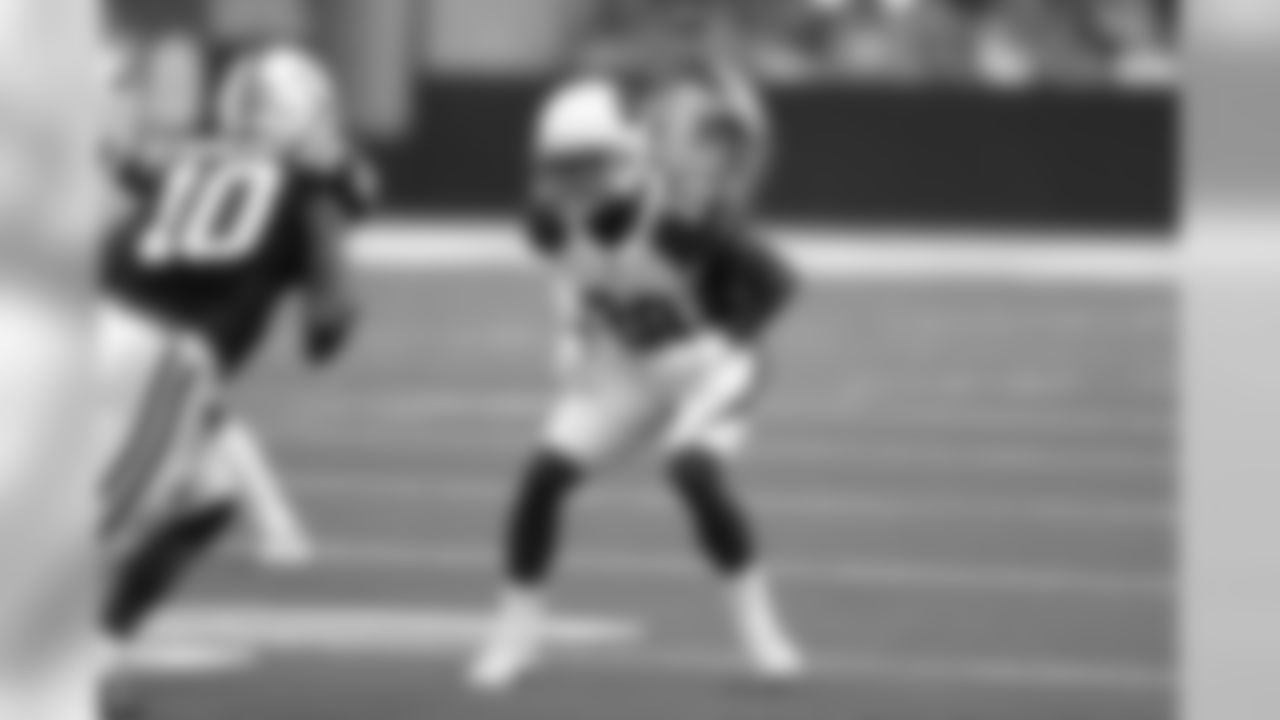
CB Justin Bethel
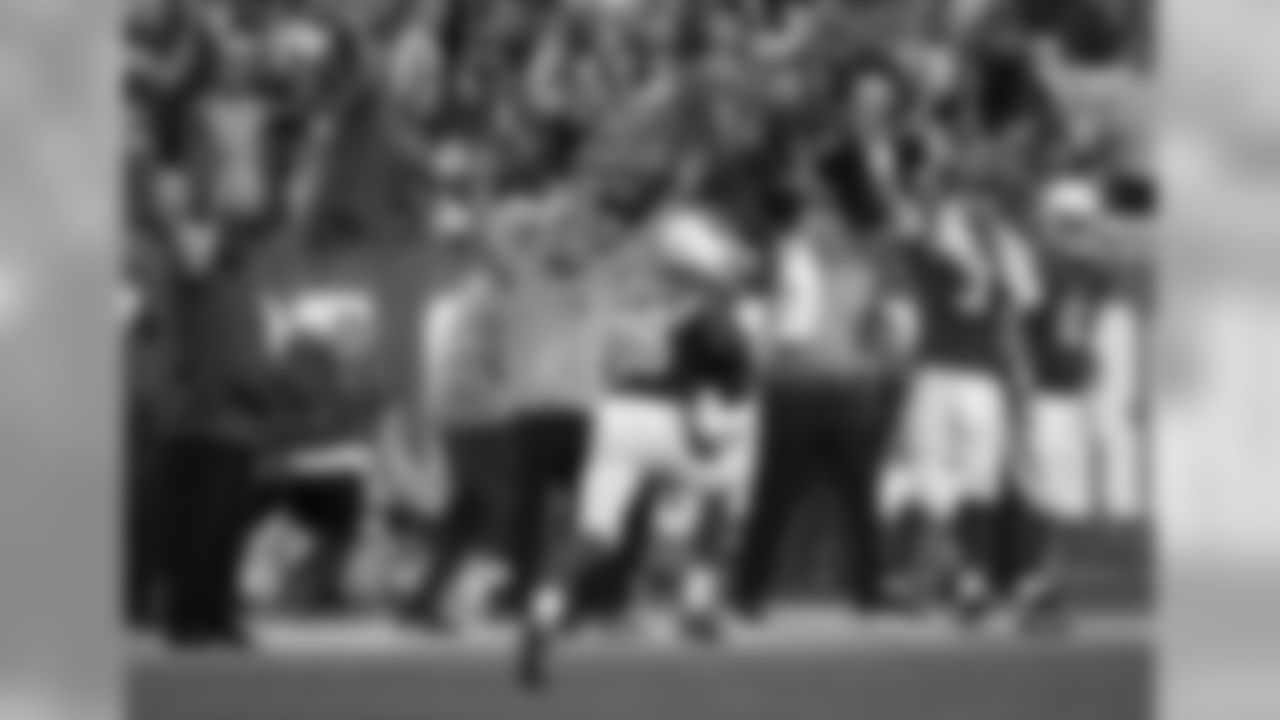
CB Justin Bethel
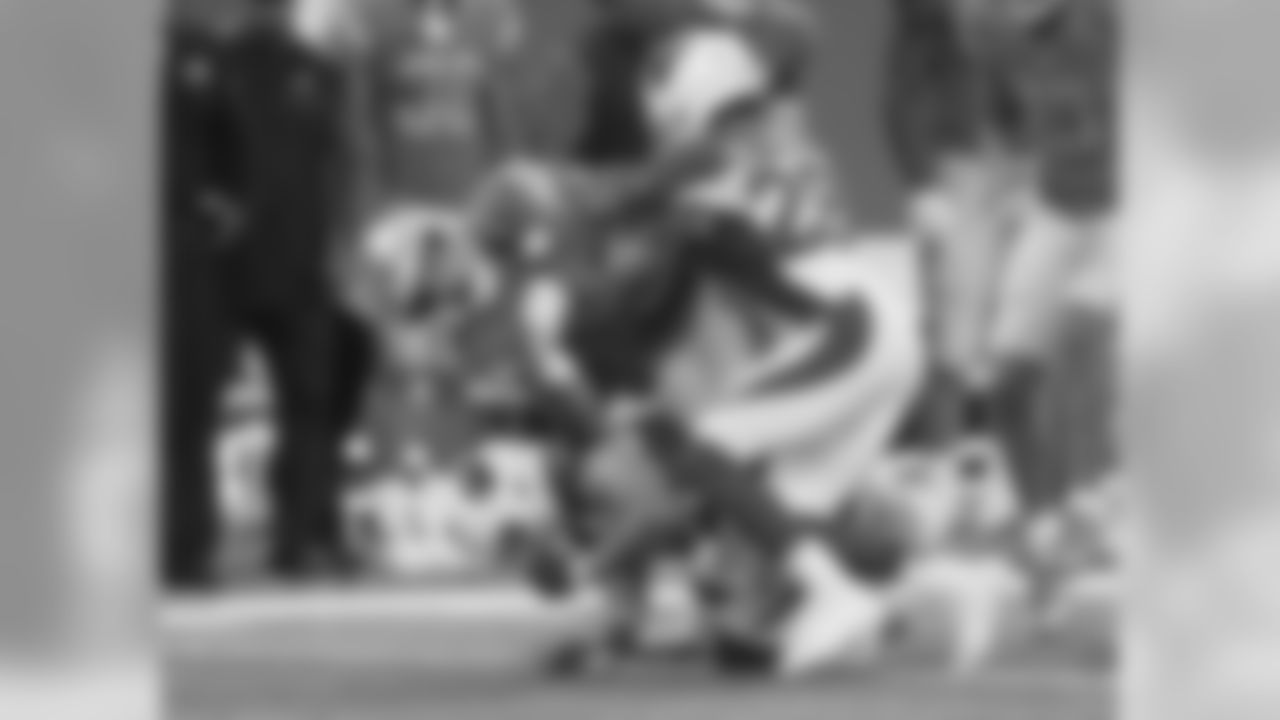
CB Justin Bethel
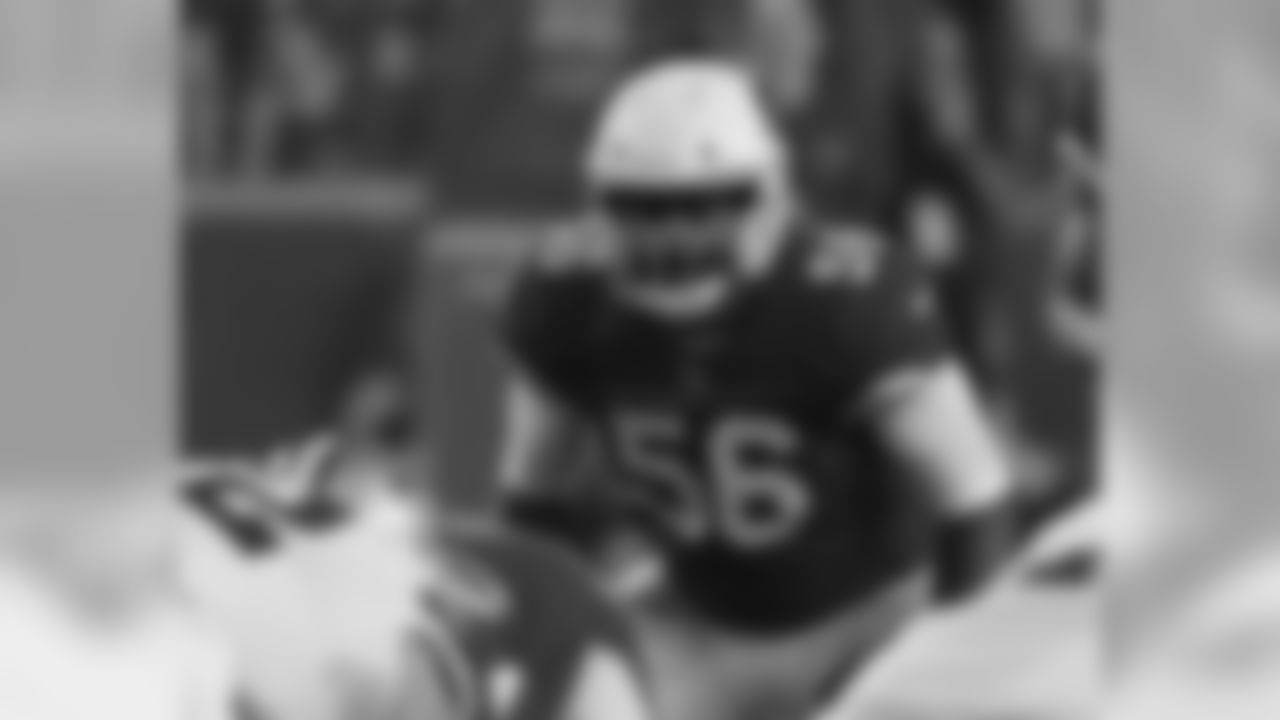
LB Karlos Dansby
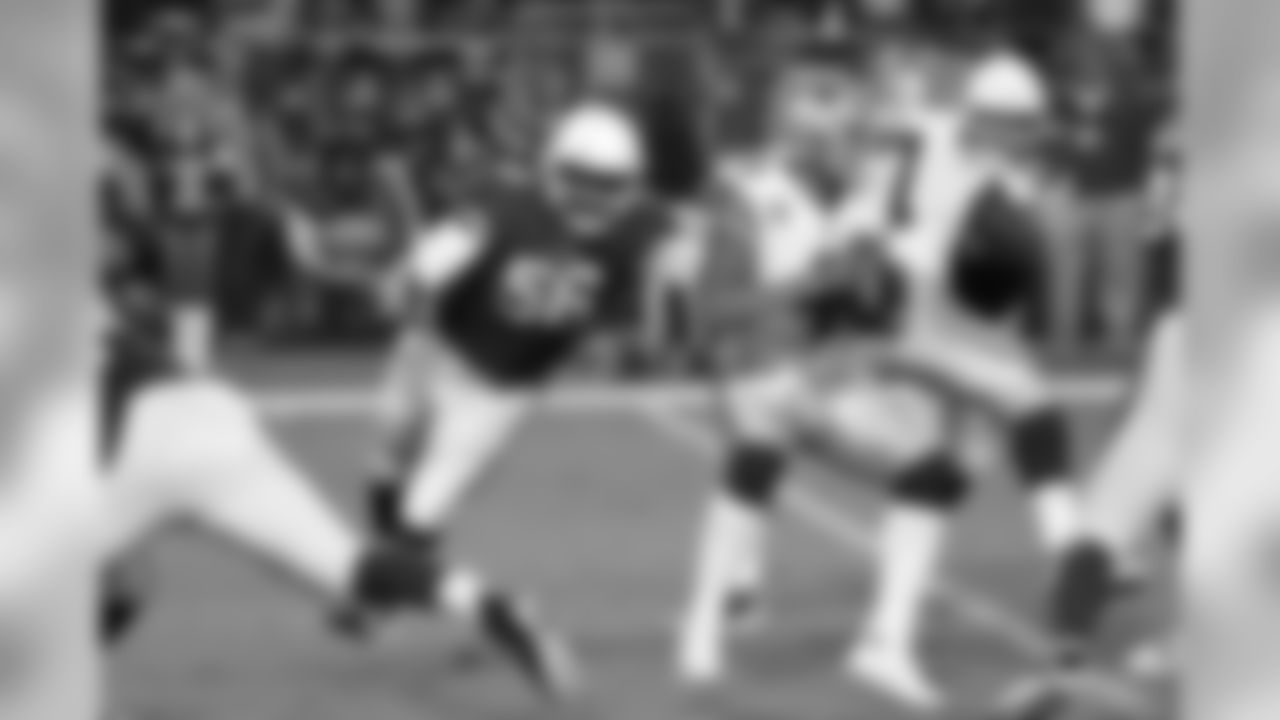
LB Karlos Dansby
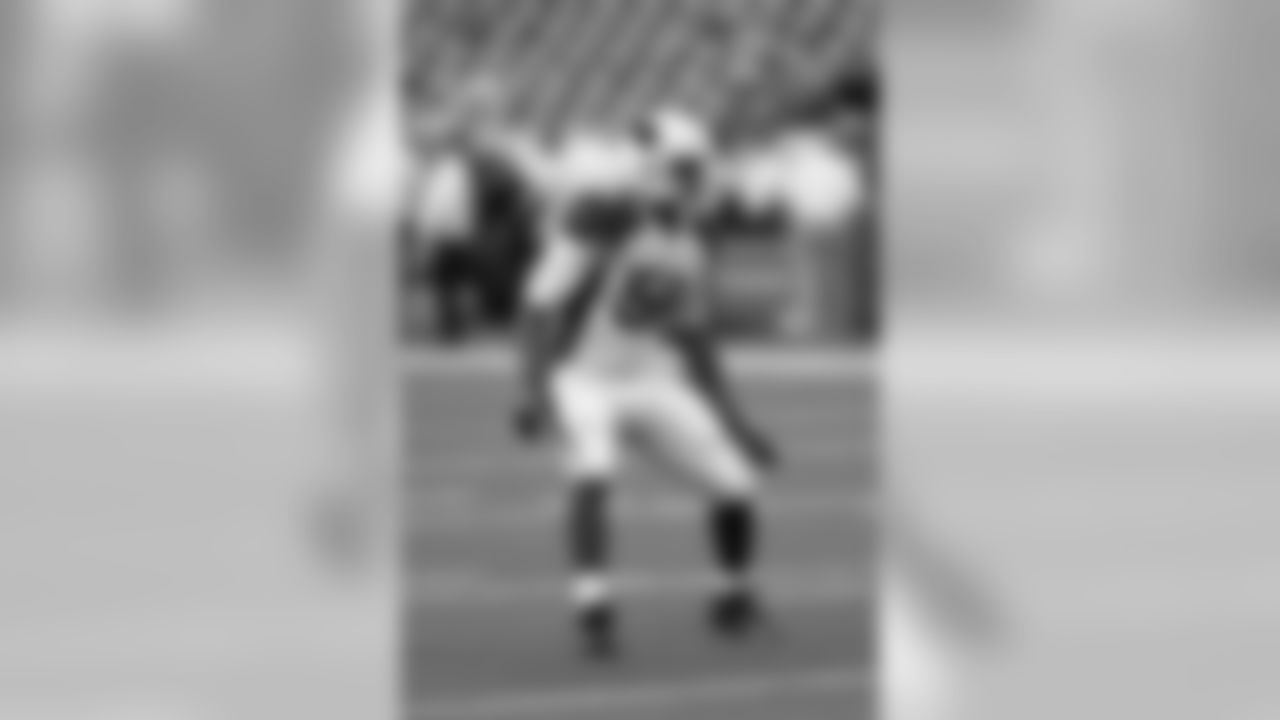
LB Karlos Dansby
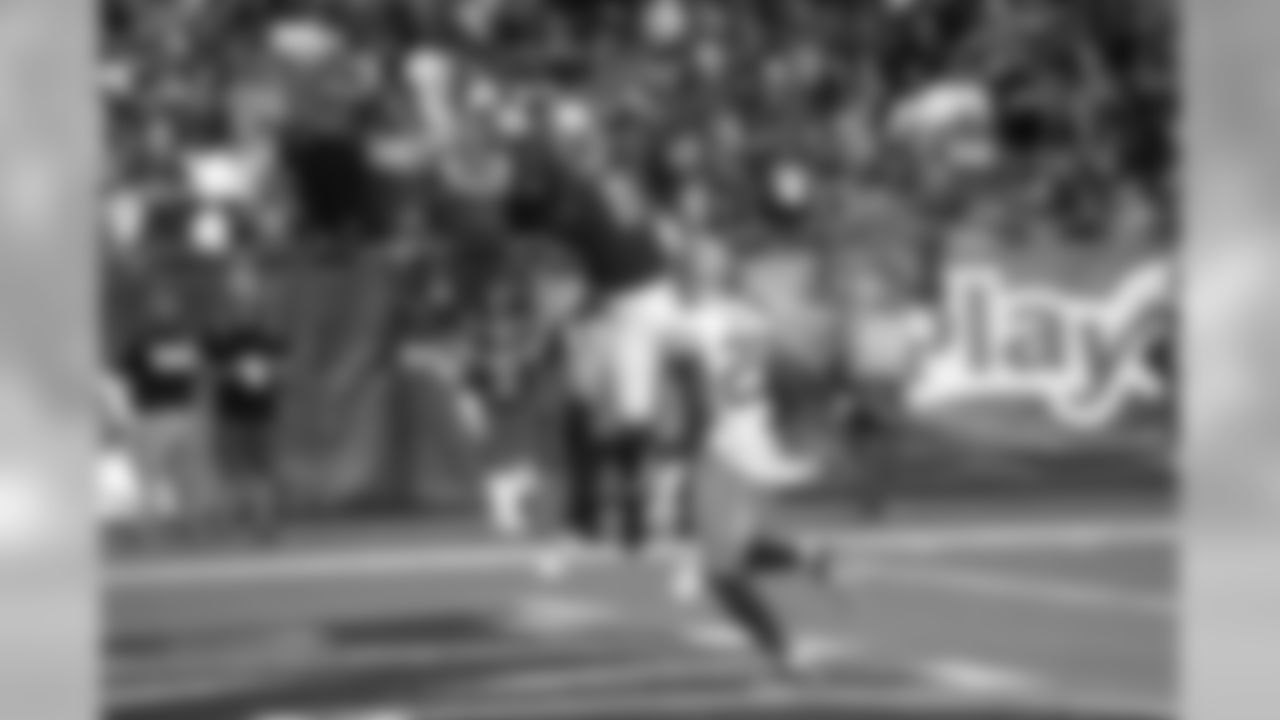
WR Larry Fitzgerald
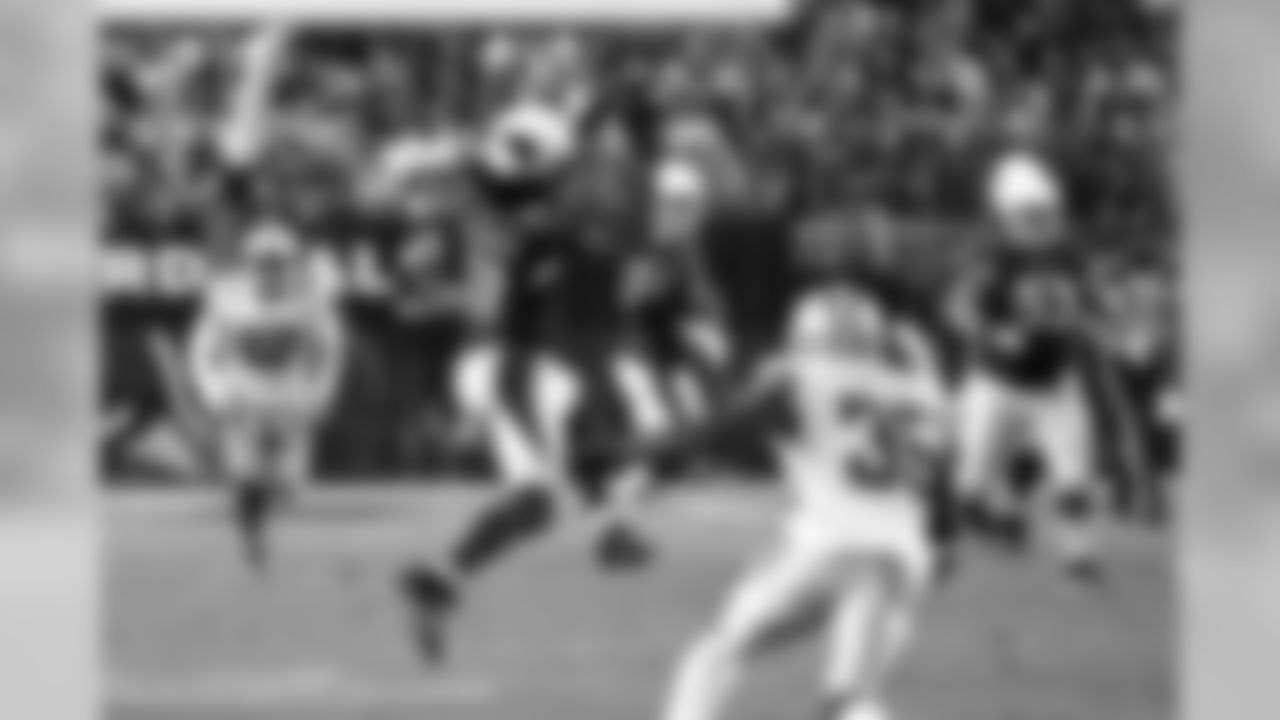
WR Larry Fitzgerald
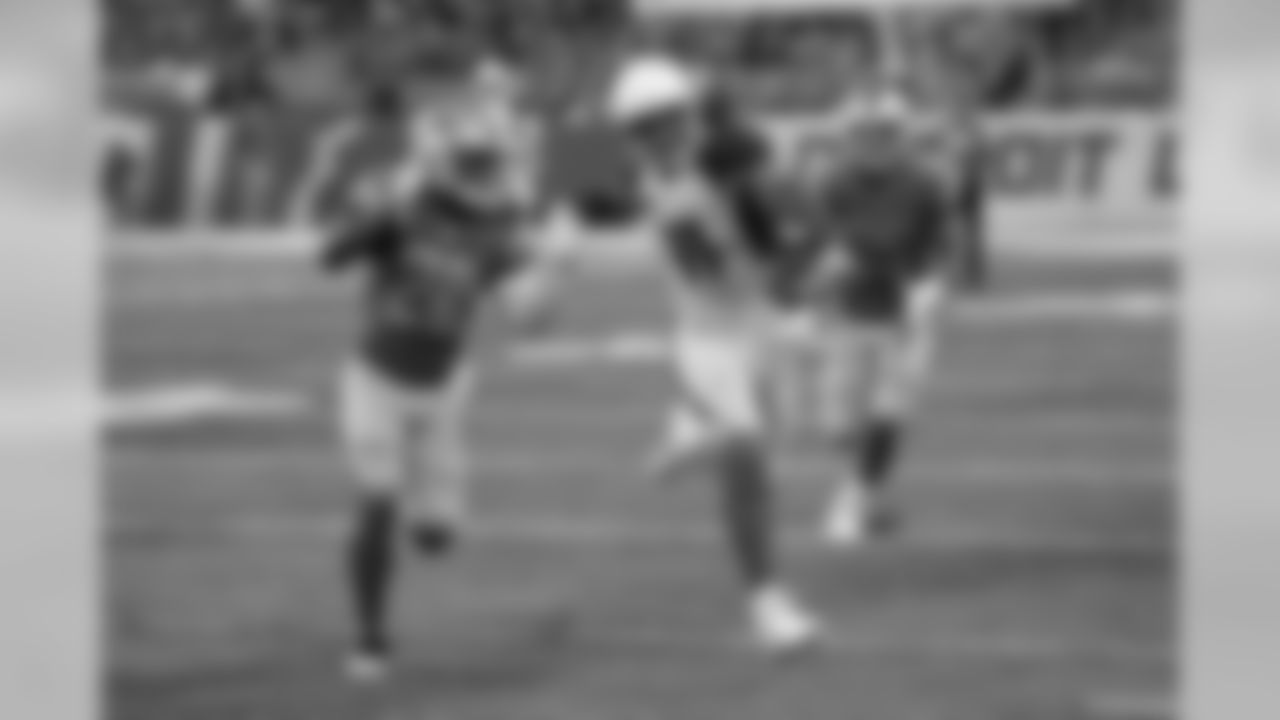
WR Larry Fitzgerald
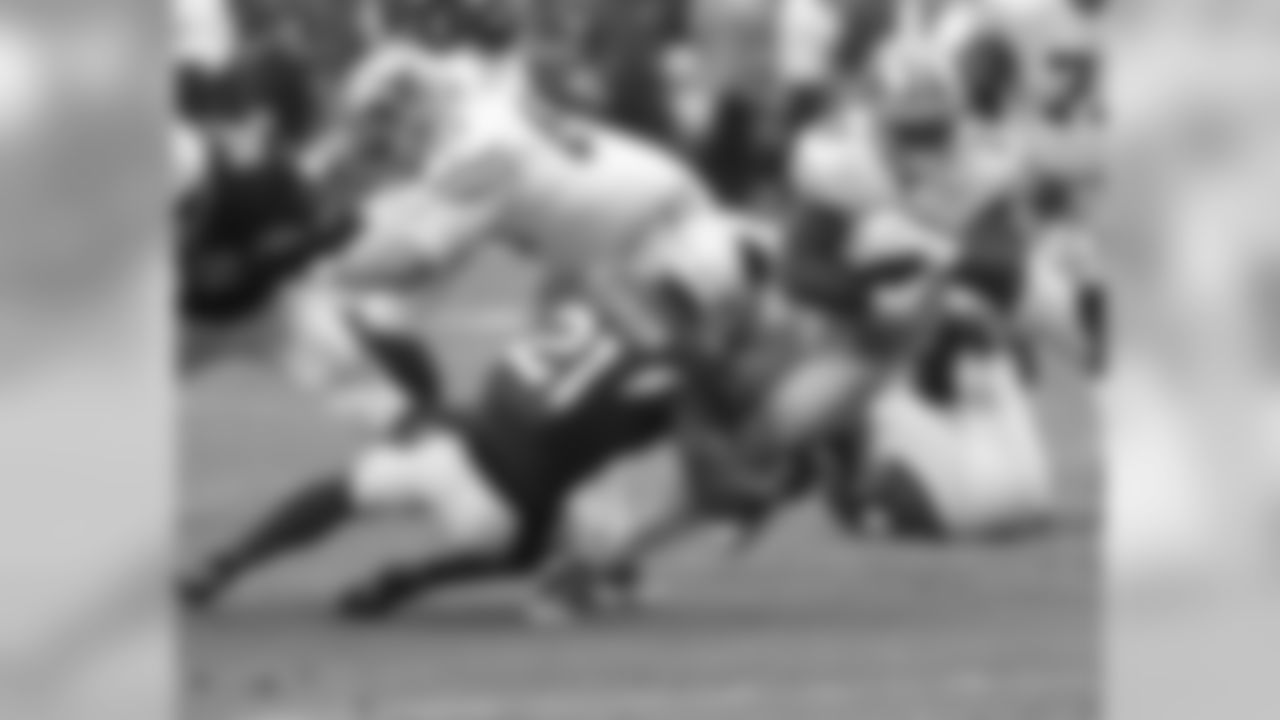
CB Patrick Peterson
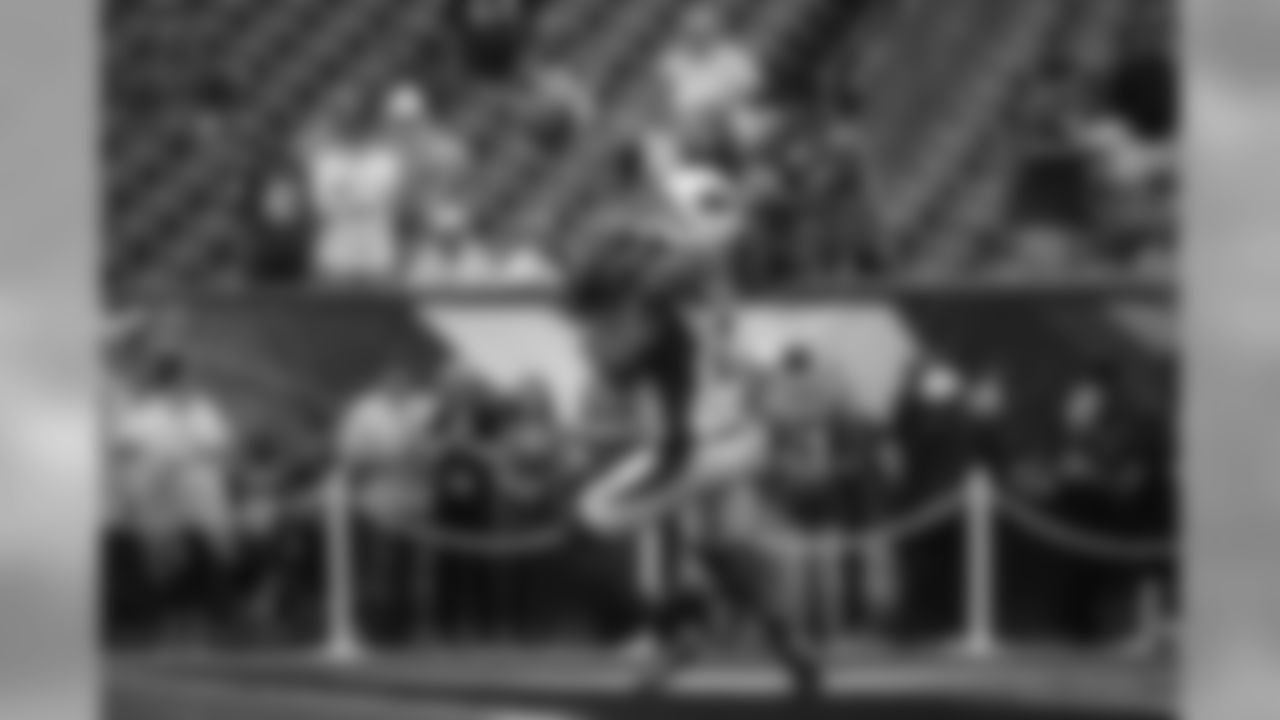
CB Patrick Peterson
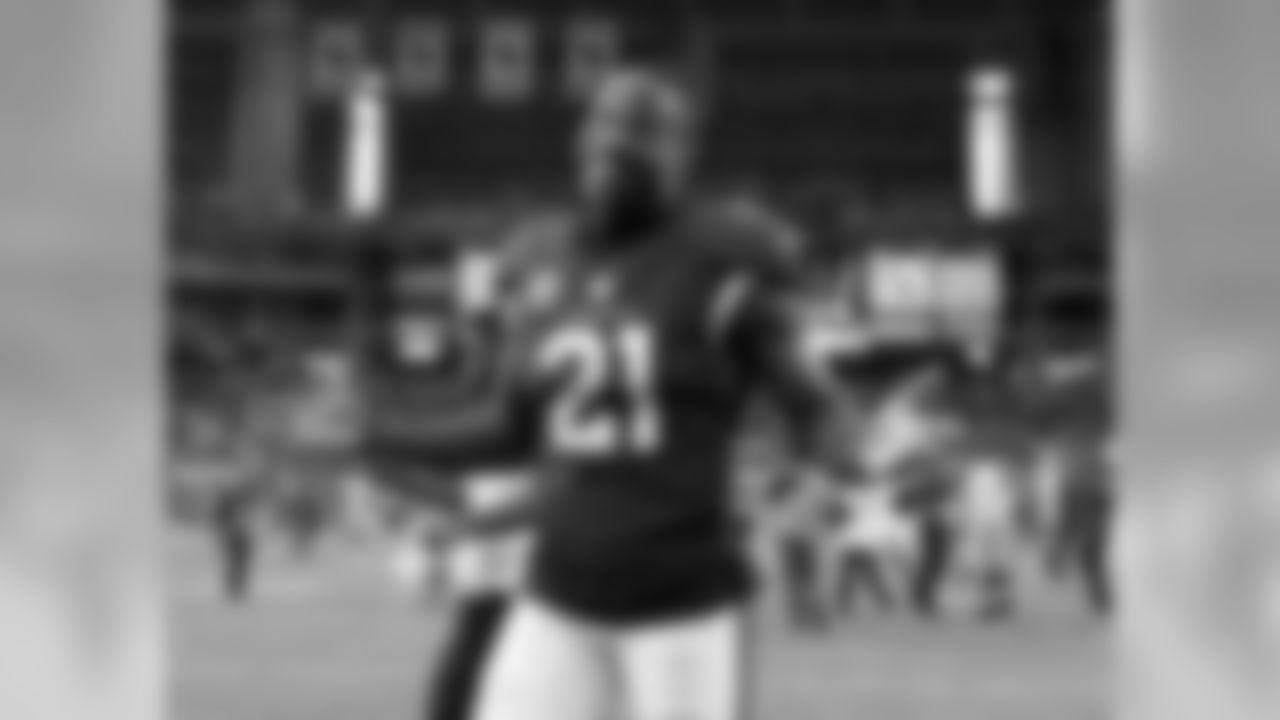
CB Patrick Peterson
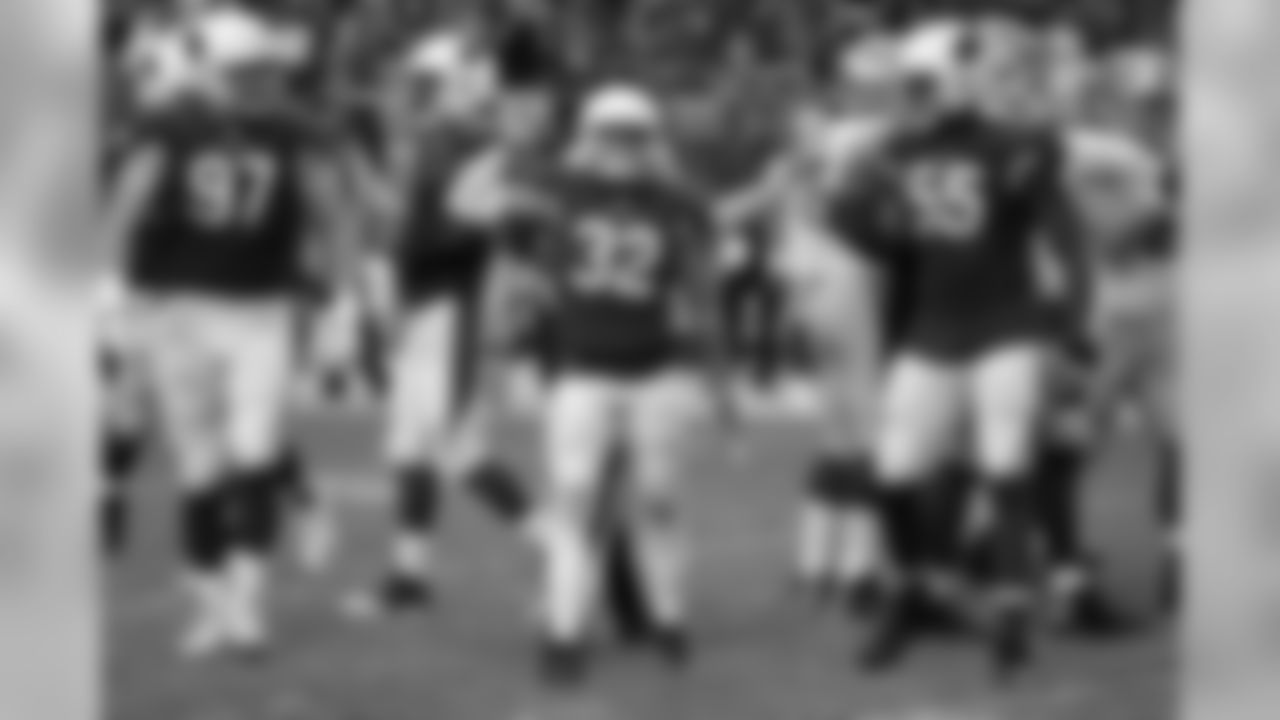
S Tyrann Mathieu
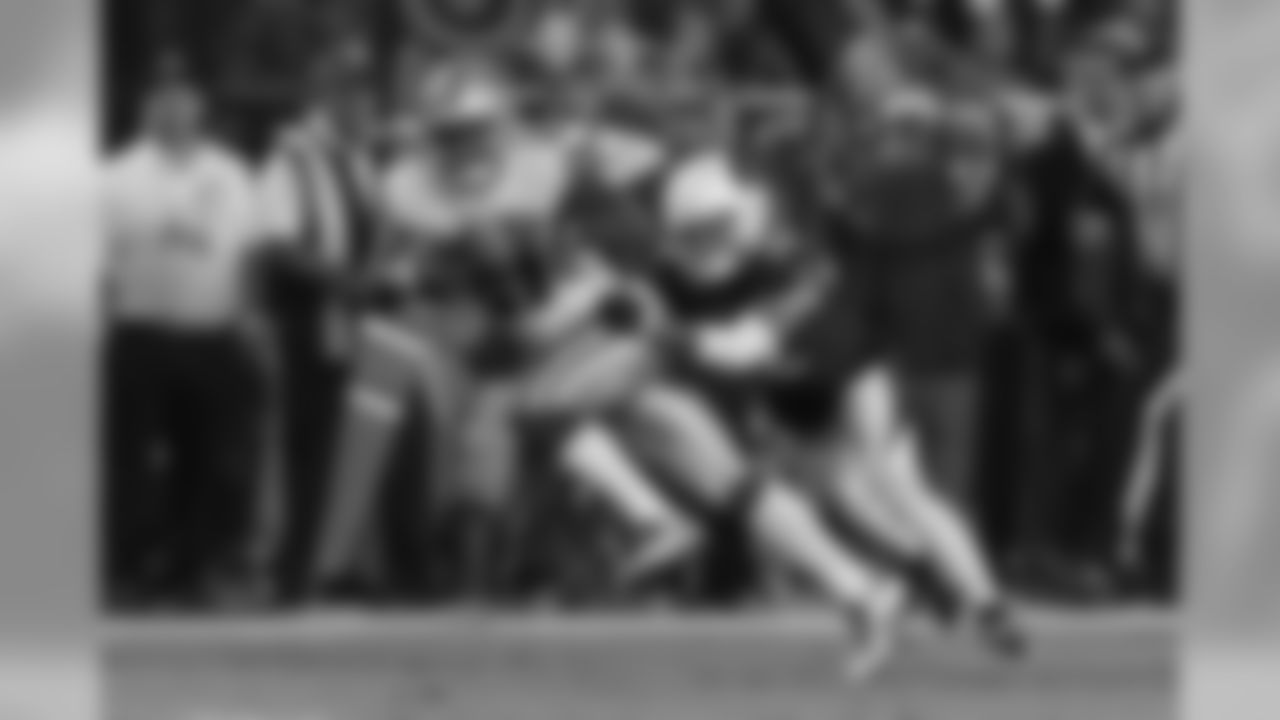
S Tyrann Mathieu
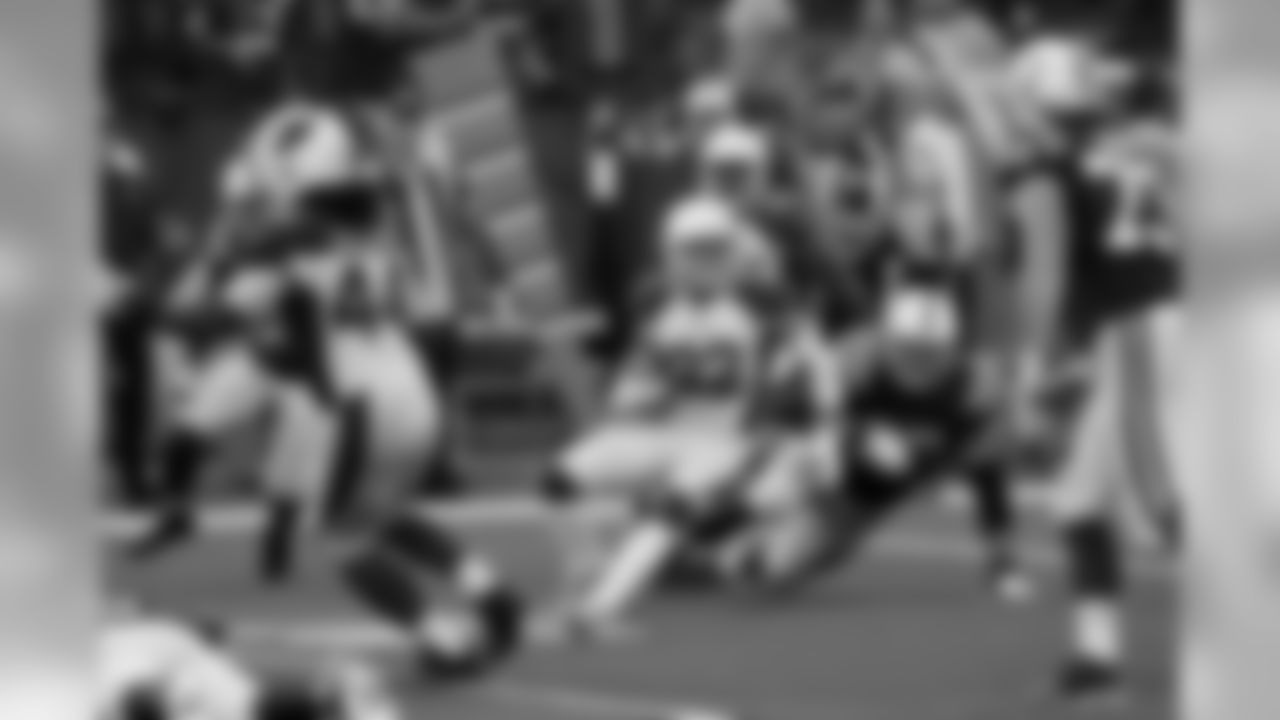
S Tyrann Mathieu
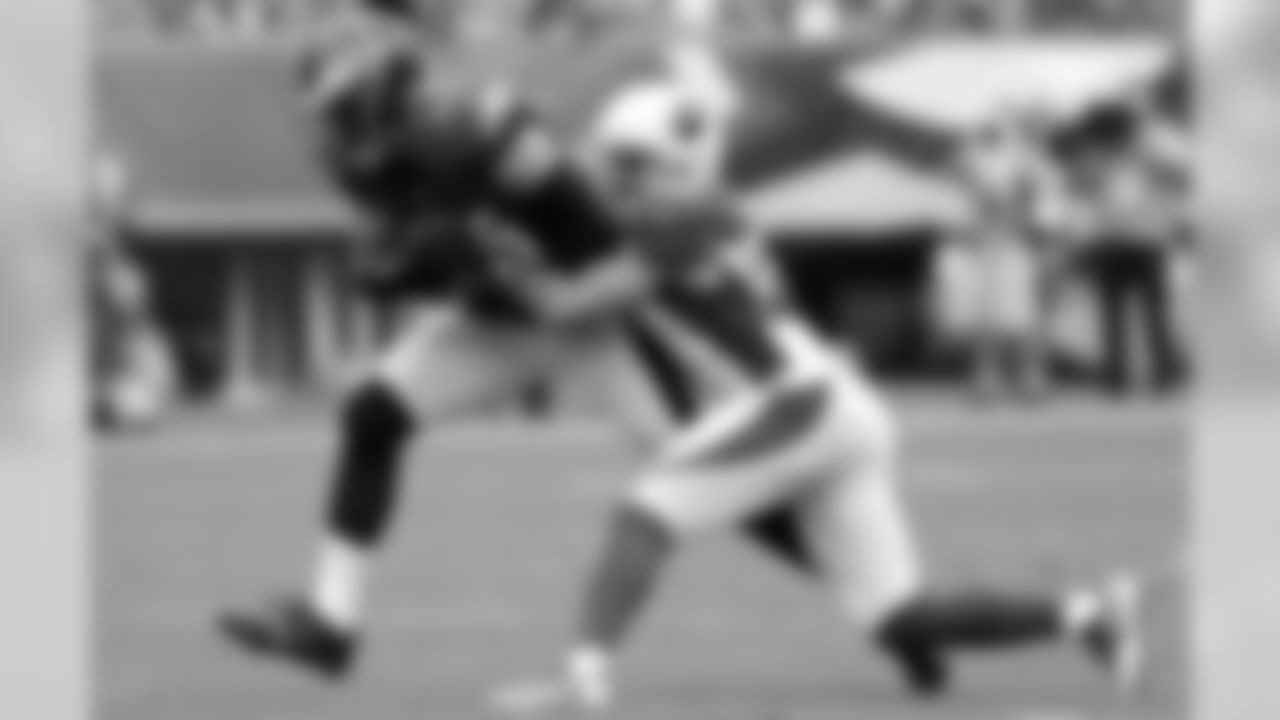
S Tyvon Branch
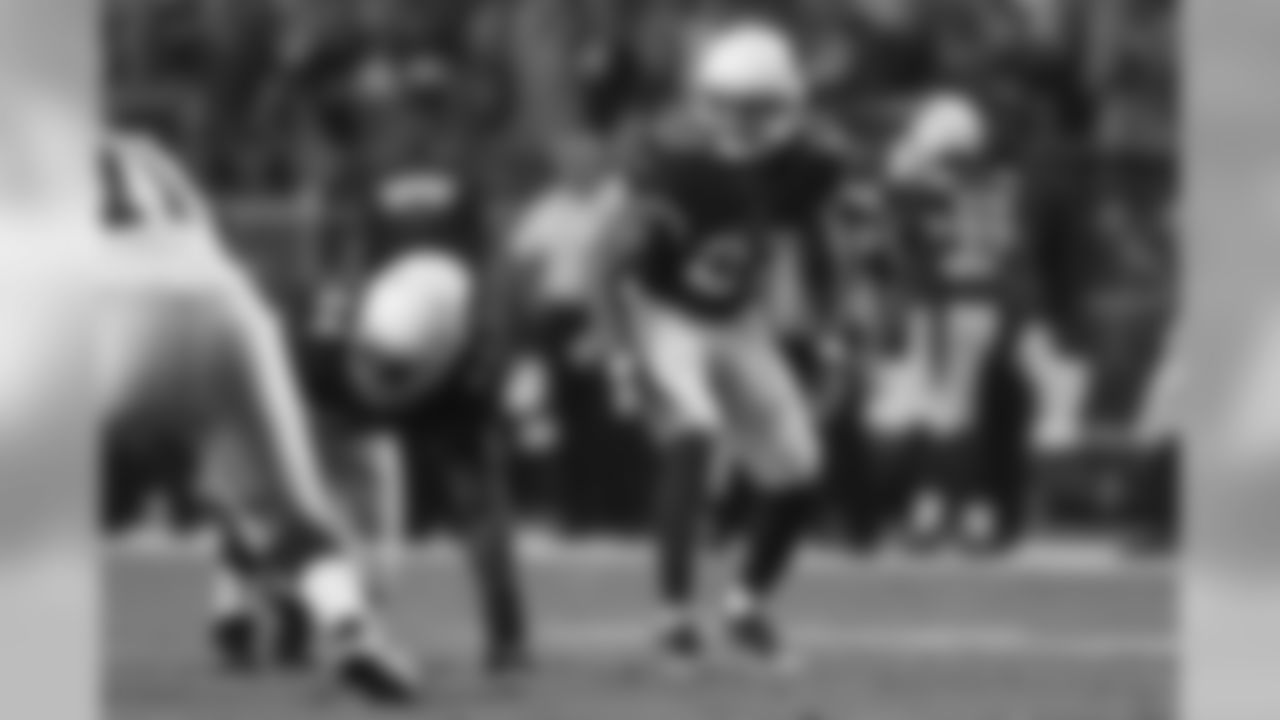
S Tyvon Branch

S Tyvon Branch
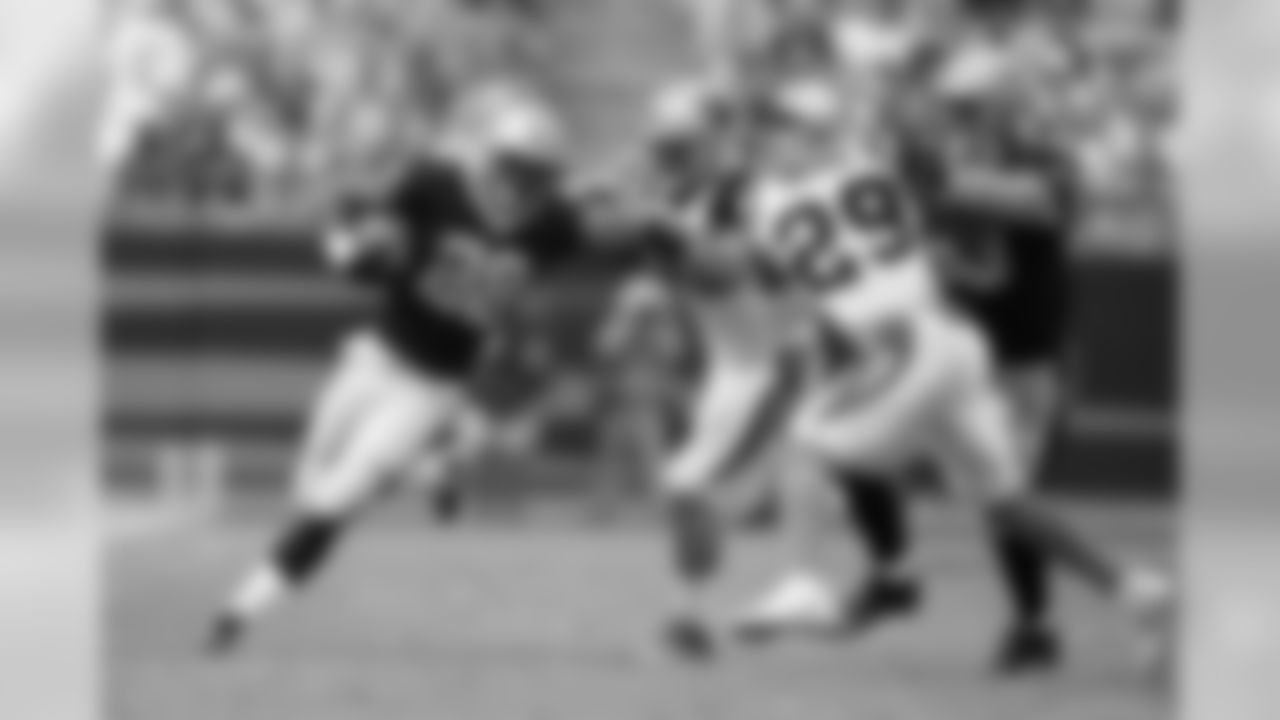
RB Adrian Peterson
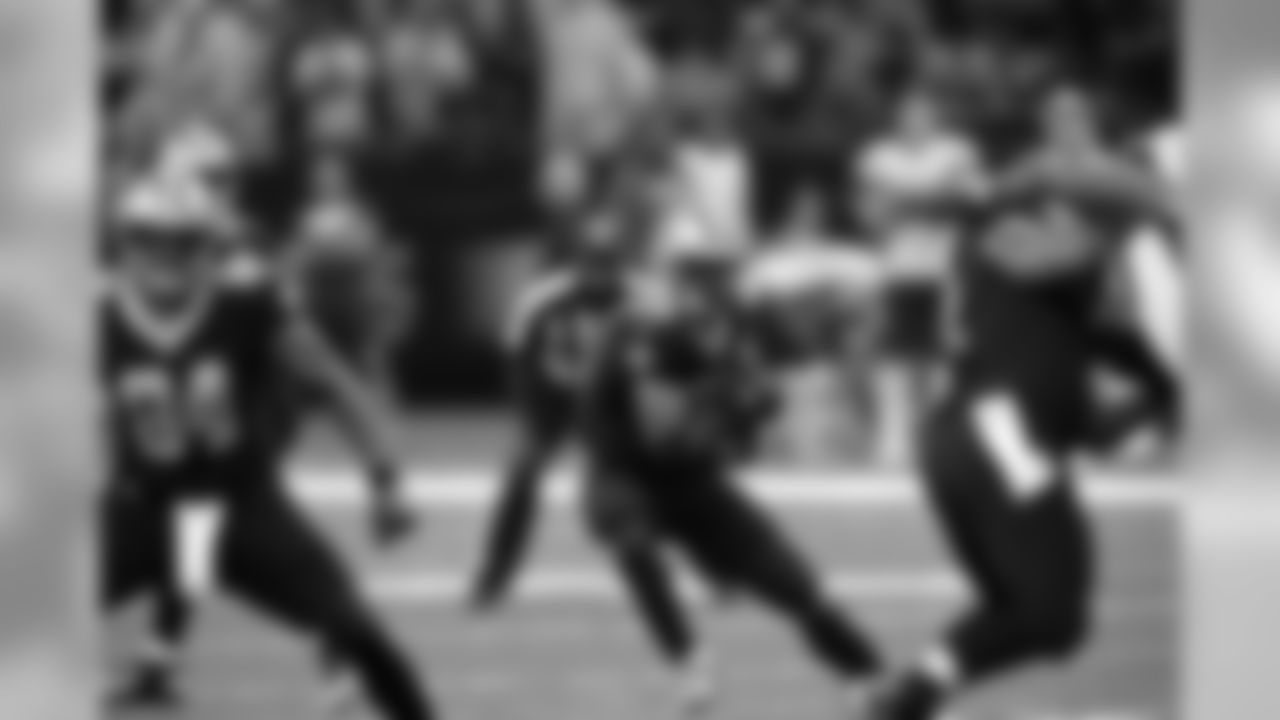
RB Adrian Peterson

RB Adrian Peterson
For most NFL teams, in most in-season weeks, Tuesday is the player's day off. It's a chance to rest, regroup and – win or lose the previous weekend – turn the page to the next opponent. This week, the Tampa Bay Buccaneers players are at work on Tuesday, following last Thursday night's game, but it's a light day, with the first full practice coming on Wednesday, as usual.
Still, this remains the perfect time for us to discuss the hottest topics surrounding the Tampa Bay Buccaneers. And for that reason, the One Buc Mailbag is back! Every Tuesday, I'll be fielding a handful of questions from the fans, but you can send them in all throughout the week. The easiest way is to hit me up on Twitter (@ScottSBucs, using #BucsMailbag), but if 140 characters aren't quite enough to get your point across, you can also send an email to tbbsocial@buccaneers.nfl.com.
This week, we discuss options for getting the ball into DeSean Jackson's hands, recovery of a kickoff in the end zone and the idea of trade involving a kicker.
1. Keep it Short?
Casey Phillips and I talked about this on Tuesday's "Insider Live" show, but I thought it was worth putting in the Mailbag, too, since a lot of fans are concerned about DeSean Jackson's production so far. By all accounts at One Buccaneer Place, including those of quarterback Jameis Winston and Head Coach Dirk Koetter, Jackson has played well. He's every much the deep threat he's been throughout his 10 years in the league. However, Winston and Jackson haven't had much luck hooking up through the first quarter of the season, particularly when Winston has tried to throw it deep.
In the Bucs' most recent game against New England, Jackson had his first 100-yard game for his new team, catching five passes for 106 yards. That 21.2-yard average is exactly what the Bucs were looking for when they signed Jackson to a big deal in the offseason, but it still wasn't the product of any designed deep balls. Jackson took one quick slant and accelerated through the middle of the New England defense for 41 yards, then added another 24 on a scramble play in which he broke his route up the sideline.
So here's Philip's point: That slant worked great in unlocking Jackson's big-play potential, while all the deep throws have missed. Does it make sense, then, to focus more on getting the ball into Jackson's hands underneath the defense, where the completion is a higher-percentage outcome and he can do damage after the catch, rather than continuing to attempt as many deep connections?
In other words, focus on YAC over Y@C.
I kicked those two terms around a bit on Insider Live, but I didn't have stats on hand to flesh them out. Every reception is going to be a combination of yards gained at the point of the catch (Y@C) and yards added after the catch (YAC). A 13-yard pass caught in the end zone is going to have 13 yards of Y@C and zero of YAC. A screen pass from the 20-yard line that a running back catches three yards behind the line of scrimmage and takes the length of the field for a touchdown will have negative-3 Y@C and 83 YAC.
A player who is good at both of those things is almost by definition a big-play receiver, and that's what Jackson has always been. Since he entered the league in 2008, he ranks seventh among all wideouts in the NFL in total Y@C, 7th in average Y@C per reception, 10th in total YAC and 10th in average YAC. He is one of only four receivers in the top 10 in both in that span, along with Larry Fitzgerald, Antonio Brown and Brandon Marshall. Good company.
If we get a mental image of the big plays we've seen from Jackson through the years, we see two kinds in abundance. We see him streaking past the defense on, say, a deep post, and catching the ball with a straight shot to the end zone. We also see him finding an opening on a short pass such as last Thursday's slant and using his acceleration to zip between defenders. The first play will provide lots of Y@C and maybe some good YAC depending upon where he catches the deep ball. The second play is almost all YAC.
The contention I made on Insider Live is that the Buccaneers should want to continue to use Jackson to exploit defenses in both ways. I know that we haven't hit on that deep ball yet, and that this has been one of the areas of Winston's game that has taken the longest to develop. But I don't think you can give up on it. It's a lower-percentage play, and the Bucs don't expect to hit all of them, or maybe even 50% of them. But if they can just get that average up a little bit, that's a whole new dimension to the offense. Plus, the mere threat of Jackson going deep puts stress on the defense. If he does nothing for the next month but run short routes, that's going to low opposing defenses to tighten up.
On the 41-yard slant, on Thursday, Patriots' cornerback Malcolm Butler gives Jackson a decent amount of cushion, and then backs up even more when the receiver takes his first few vertical steps. In fact, as you can see in the clip below, it even looks like Butler invites Jackson to cut underneath him. Jackson does, and he's an easy target for Winston, with room to run after the catch.
I love that play. It's a great use of Jackson's skills and I hope we see more of it. However, I think it would be a mistake to do so in exchange for trying to hit the speedy receiver deep. He's a threat both ways and the Bucs have to find out a way to fully unlock that threat.
2. Live Ball in the End Zone?
I remember when the mailbag used to be full of rules-related questions. Doesn't seem to happen much anymore. I always enjoyed those questions, although navigating the dense and layered language of the NFL's rulebook can be aggravating at times.
I don't think this is one of those cases. The rule is pretty clear: Once the football on a kickoff reaches or passes the "restraining line" for the receiving team (in the NFL, that's 10 yards past where the kicking team is lined up) it can be recovered by the kicking team for possession as long as it remains inbounds, even if it is not first touched by a player on the receiving team. That includes the end zone. So, yes, if Team A kicks off, the ball lands in or rolls into the end zone and does not go out of bounds, and then a player for Team A recovers it, that's a touchdown.
The actual words from Rule 6, Section 1, Article 4(c):
"A player of the kicking team may legally touch, catch or recover the ball if:
(i) it first touches a receiving team player; or
(2) it reaches or crosses the receiving team's restraining line."
The ball would be dead at that point, so if the recovery was at, say, the 20-yard line, that's where the kicking team would take over on offense. But if it's recovered in the end zone, that's already a touchdown.
I think this is rule is pretty commonly known, so I'm searching for reasons of confusion here. One possibility is differences between NFL and NCAA rules, which Nolan does allude to in his question. Perhaps he saw this occur in a college game, because in that case the players on the kicking team can recover the ball based on the same rules as in the NFL, except when it reaches the end zone. At that point, it's a dead ball and it belongs to the receiving team no matter who touches it.
Now, it is possible to blow an untouched ball in the end zone dead in the NFL. This would only happen if no players on either team make any sort of attempt to recover the ball. In that case, eventually, the official would blow it dead. That would be a colossal missed opportunity for the kicking team, and I think it's very unlikely you're going to find a kickoff unit in the NFL on which all 11 plays are unaware that they would score a touchdown if they just fell on that ball over there. This would also similarly require a very uninformed return man on the kicking team.
Nolan says he's seen an NFL official blow a loose ball dead in the end zone on a kickoff. That seems very unlikely to me, but I suppose it is possible in the scenario described above. Perhaps the ball landed in the end zone but then subsequently rolled or bounced out the back or the sides, and the viewer didn't notice. One other small possibility: The ball hit the crossbar or the uprights and then landed in play, and the viewer didn't notice the deflection. A kickoff is dead as soon as the ball touches any part of the goalposts.
3. Kicking Around a Trade?
While the Jimenez family doesn't specifically mention the Buccaneers or any of their players in this question, it comes during the week in which the team placed kicker Nick Folk on injured reserve and replaced him with kicker Patrick Murray. Folk's move to IR came with a "minor injury" classification, which he must be released when he is deemed healthy.
I'm guessing the question comes with the knowledge that the Bucs have signed Murray, so from a practical standpoint, it's a moot point. The team needed a new solution at the position after Folk struggled and decided upon Murray, who made 20 of 24 field goal tries, including five of six from 50 and beyond, during his previous stint with the Buccaneers in 2014.
But we can address the question as a mental exercise. If Team A suddenly found itself in need of a kicker, could it find a Team B that was willing to trade a good one for the right price? The question refers to that price as a "king's random" but that's an obvious slip of the finger while trying to type "king's ransom." And if that's what we're proposing here, I would say yes. Of course a team would consider dealing its kicker if the inquiring team was offering up a mouth-watering deal. If the kicker-needy team wanted to give up the league's leading running back, and the other team had a huge hole at that spot, of course they would have to consider it.
Of course, that's completely unrealistic. Set aside that trades in general, particularly in-season ones, remain relatively rare in the NFL. When's the last time you remember a kicker being traded, period? The Broncos traded for kicker Brandon McManus from the Giants in 2014, but at the time McManus was an undrafted rookie they got for a conditional seventh-round pick. The Eagles traded for kicker Cody Parkey in 2014, as well, but again this was before Parkey was an established kicker. The cost was a running back who never took a snap for the Colts, David Fluellen.
The scenario that the Jimenezes are floating is one in which a team that needs a kicker makes a big offer to a team that has an established one. Now, one has to assume that a team in playoff contention would be loath to let go of a kicker it trusts, so for this to work you need to find a team that's really struggling but has a great kicker, perhaps one that is near the end of a contract. Is there a situation like that in the NFL right now?
There are eight teams that have kickers who have yet to miss a field goal: Dallas, Atlanta, Green Bay, Houston, New England, San Francisco, Miami and Oakland. Perhaps San Francisco, with Robbie Gould going 14-14 so far for an 0-5 team, would listen. But Gould has kicked for three teams in the last three years. He's kicked well but he's been available, too. I think the questioner is talking about a kicker who's been doing a very good job for the same team for a number of years now, such as Dan Bailey in Dallas or Stephen Gostkowski in New England.
Also, the question as posed above seems to be asking if both teams involved would consider such a deal, and I just can't imagine the kicker-needy team giving up anything close to a "king's ransom" for a midseason kicker replacement. It's just too fungible of an NFL asset. Last year, nobody would have argued that Justin Tucker was the best kicker in the game. He only missed once in 39 tries and made all 10 of his attempts beyond 50. This year, he's already missed twice, both from beyond 50. Meanwhile, two of the kickers who are still perfect this year are Houston's Ka'imi Fairbairn and Oakland's Giorgio Tavecchio. Fairbairn is an undrafted rookie; Tavecchio was on Oakland's practice squad until they needed a sudden replacement for Sebastian Janikowksi. Kansas City's current kicker, Harrison Butker, was on Carolina's practice squad. Kansas City's previous kicker, Cairo Santos, is currently injured but will be an option for kicker-needy teams soon.
Most kickers move around a lot during their NFL careers. They are not, however, generally part of blockbuster trades.



































